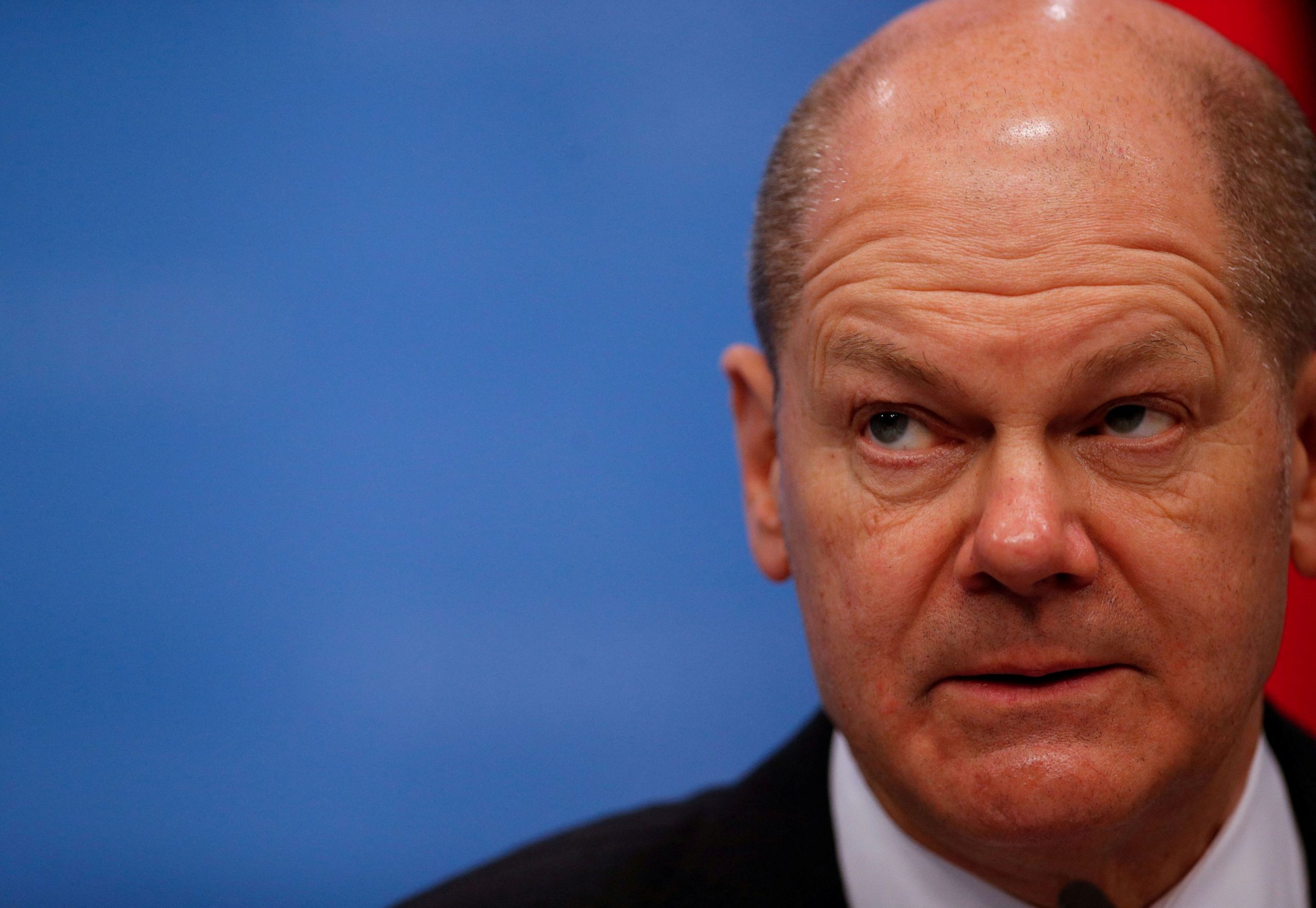German Chancellor Olaf Scholz will request a vote of confidence in parliament on Wednesday, a government spokesperson told Reuters.
This decision is a crucial step toward potentially dissolving the Bundestag and triggering new federal elections. The move comes after the collapse of his governing coalition last month, leaving Scholz at the helm of a minority government.
Scholz’s precarious position mirrors recent political turbulence in France, where former Prime Minister Michel Barnier lost a no-confidence vote just days ago.
Germany’s political framework does not permit the chancellor to unilaterally call for elections. Instead, Scholz must first lose a vote of confidence, allowing him to formally request that President Frank-Walter Steinmeier dissolve parliament. The vote is scheduled for December 16 and is widely expected to fail, as Scholz no longer commands a parliamentary majority.
If Scholz loses the vote, he will join the group of four chancellors who have called for confidence votes in Germany’s history since World War II. These include Willy Brandt, Helmut Schmidt, Helmut Kohl, and Gerhard Schröder.
According to Reuters, once the Bundestag is dissolved, new elections are slated for February 23. This sets the stage for a brief and intense winter campaign season, with Germany’s political future hanging in the balance.
Recent polling suggests that Scholz’s SPD, currently at 17%, faces an uphill battle in regaining voter confidence. The opposition conservatives, led by Friedrich Merz, are leading with 31%, followed by the far-right Alternative for Germany (AfD) at 18%. The Greens trail at 13%, while the FDP and the newly formed Sahra Wagenknecht Alliance hover below the 5% threshold required to enter parliament.
The implosion of Scholz’s coalition of Social Democrats (SPD), Greens, and the Free Democrats (FDP) has brought policymaking to a standstill. The once-ambitious alliance faltered under the weight of ideological differences, leaving Germany without the stable leadership it has long been known for



